Many of us spend more time with our smartphones than we do with other people. The average American checks his or her phone 46 times per day, according to research from Deloitte.
Smartphones are also quite an investment, usually costing several hundred dollars. So when shopping for a new device, it’s important to make the right choice. Which smartphone is right for you? Here’s a look at our favorite models on the market right now.
Read also: The best cell phone plans
Note: All prices refer to the full cost of the phone without carrier subsidies, payment plans or discounts. This roundup only includes phones that are currently available for purchase. Prices may vary by carrier.
Apple iPhone 7/iPhone 7 Plus
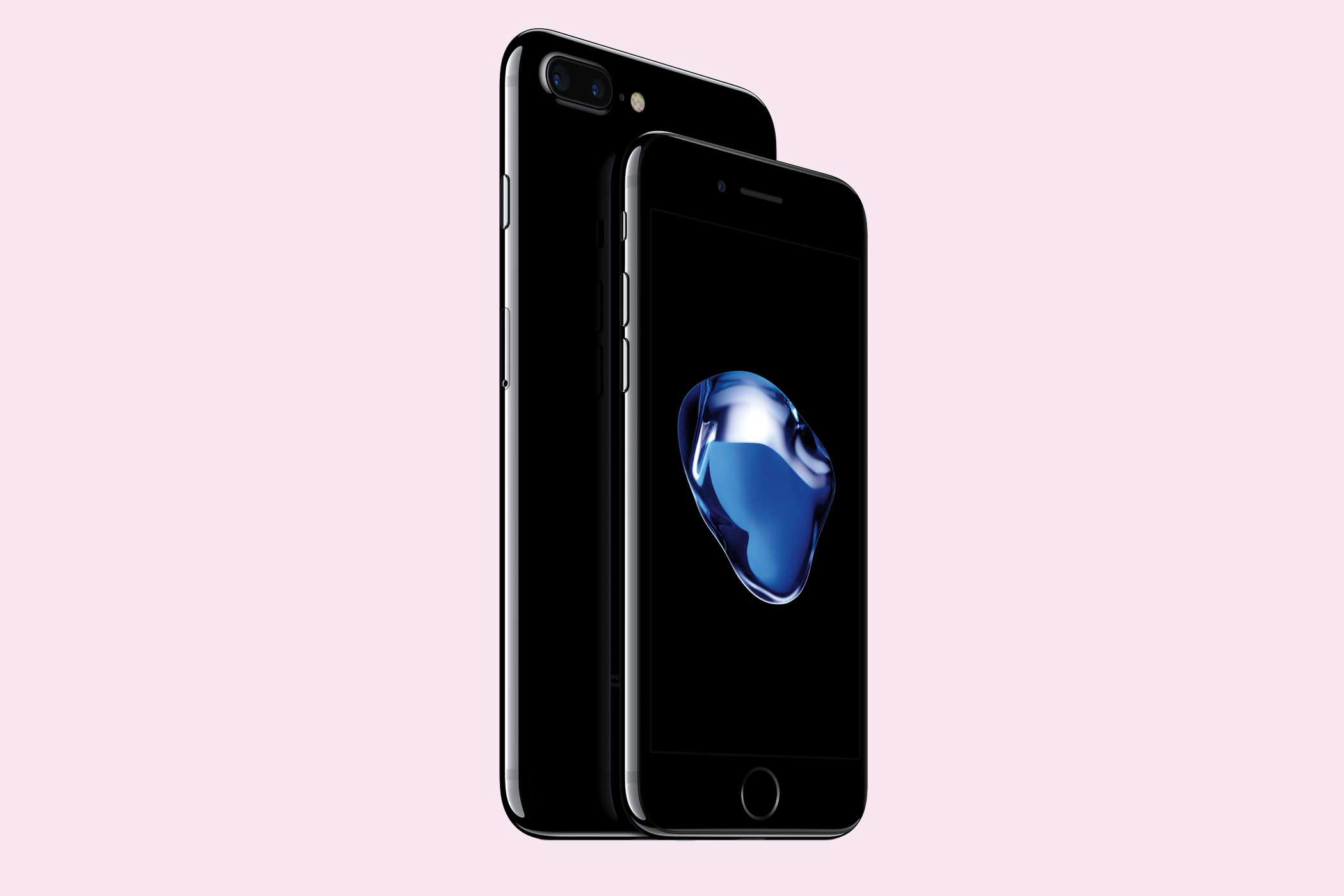
For many people, Apple’s iPhone embodies the best mix of design, usability, and processing power. Apple’s most recent flagship smartphones are no different: both the iPhone 7 and iPhone 7 Plus models feature improved cameras, speedy performance, and long battery life. (Read TIME’s full review here.)
What makes the 7 Plus particularly notable is its dual-lens camera, which brings two primary benefits to iPhone photographers. First, it enables the camera to add a depth effect to images, similar to an effect known as “bokeh” often used in portrait photography to isolate subjects from their background. Second, it brings zooming capabilities that make the iPhone 7 Plus a much better choice for preserving detail from afar than its rivals.
The iPhone 7 and 7 Plus are also the first Apple smartphones that are officially water-resistant — they can withstand being submerged in up to one meter of water for 30 minutes.
Otherwise, little has changed compared to the iPhone 6s and 6s Plus, save for one noteworthy design tweak. Apple has removed the headphone jack from both phones, but includes an adapter for attaching legacy headphones and a pair of earbuds that plug into the phone’s Lightning charging port.
All told, the iPhone 7 and 7 Plus are great upgrades for iPhone fans using older models, like the 6 and previous. Those with the iPhone 6s, however, are probably fine waiting til the next big upgrade.
Buy now: $649 for iPhone 7 | $769 for iPhone 7 Plus, Apple
Samsung Galaxy S8
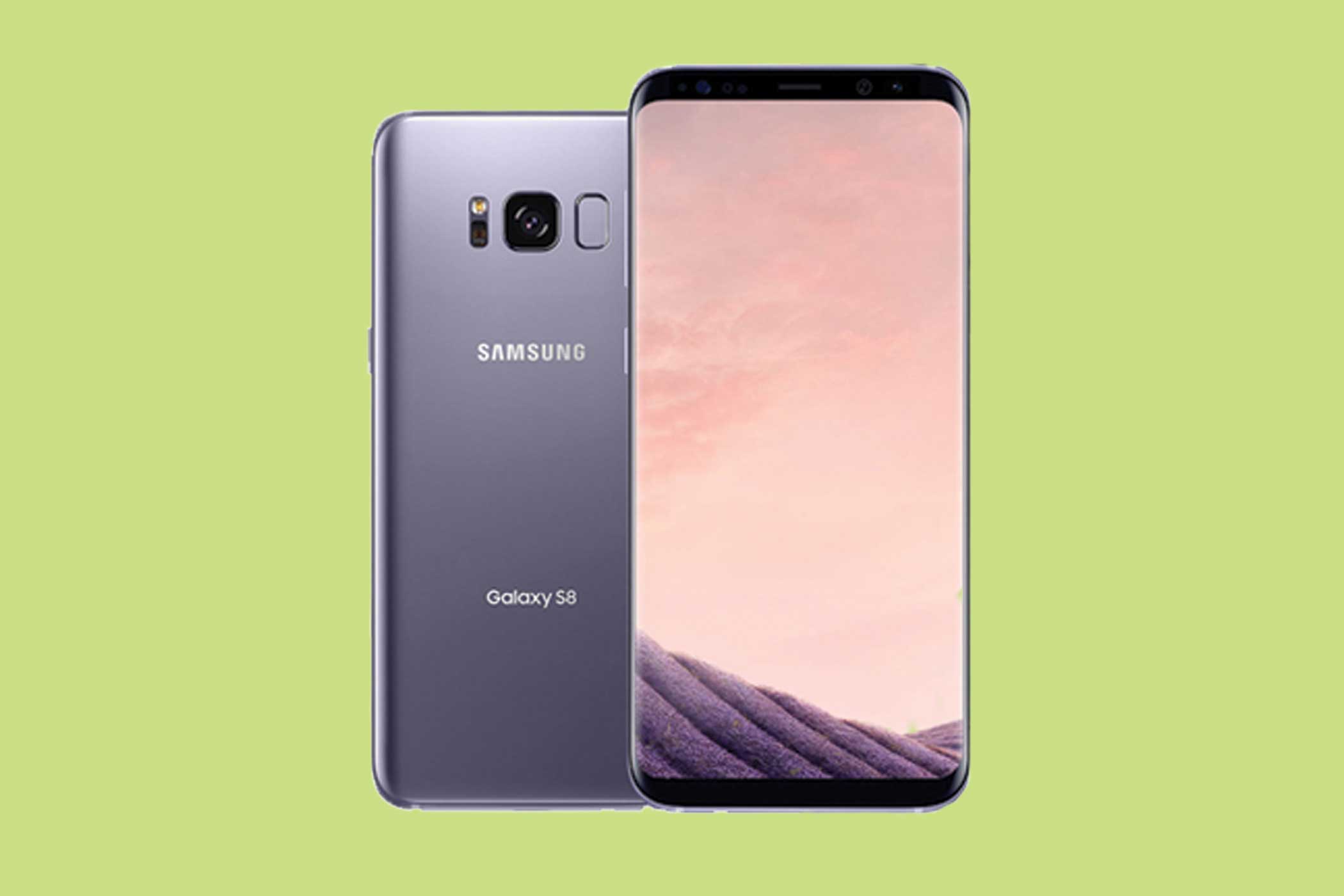
Samsung has been experimenting with curved screens for years, but the newly released Galaxy S8 and Galaxy S8+ feel like the best implementation of that technology yet.
The subtly contoured display combined with the nearly non-existent borders framing the screen give the phone such a sleek and fresh look that it almost makes the iPhone seem archaic. The S8’s software is also much simpler and easier to use than that of Samsung’s previous phones, providing a smoother overall experience on par with that of the Google Pixel or the iPhone. Flashy new features like facial recognition and Samsung’s Bixby virtual assistant didn’t work as well as advertised during my review period, but the basics are strong enough to make the S8 one of our top picks.
Buy now: $720+ for Galaxy S8, $835+ for Galaxy S8+, Best Buy
Google Pixel/Pixel XL
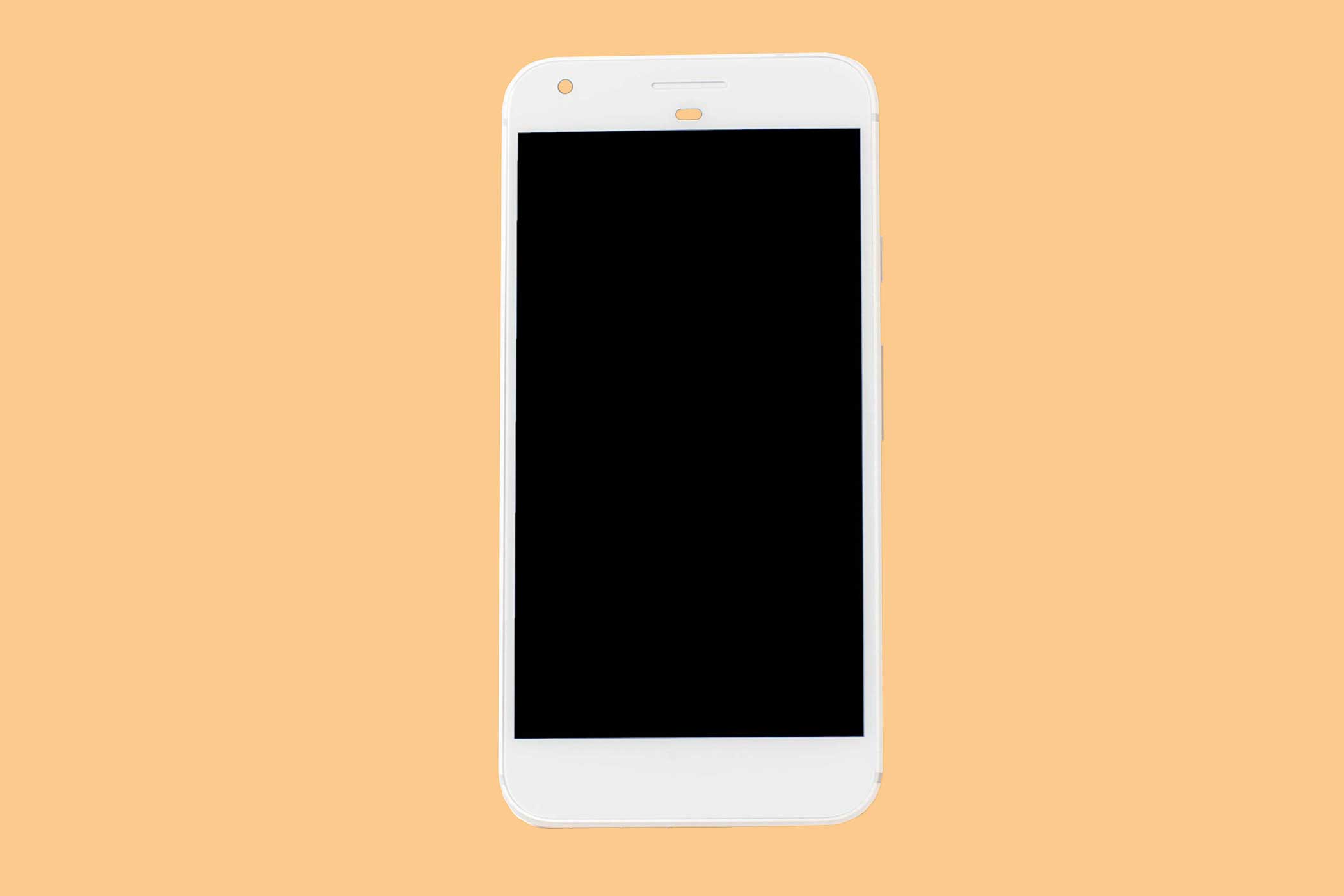
The Google Pixel, with its sharp camera, good looks, and easy-to-use software, make it a tempting choice for both Android lovers and iPhone users considering a switch. (Read TIME’s full review here.)
Google is betting that its virtual helper, named the Google Assistant, will set its phone apart from other competing Android devices. The Assistant can handle the same tasks as Google Now, but with enhanced abilities. For now, the Assistant is best at answering questions (i.e. What’s the best way to cook salmon? How do I get a juice stain out of the carpet?), since it pulls snippets of information from Google’s knowledge graph rather than just surfacing web search results. Developers are also building a selection of third-party apps and services that work with Assistant, so you can ask it to call an Uber or reserve a table at a restaurant.
One drawback: the Pixel isn’t water resistant, a drawback compared to Apple and Samsung’s latest phones.
Buy now: $649 for Pixel, Best Buy | $769 for Pixel XL, Google
Huawei Mate 9
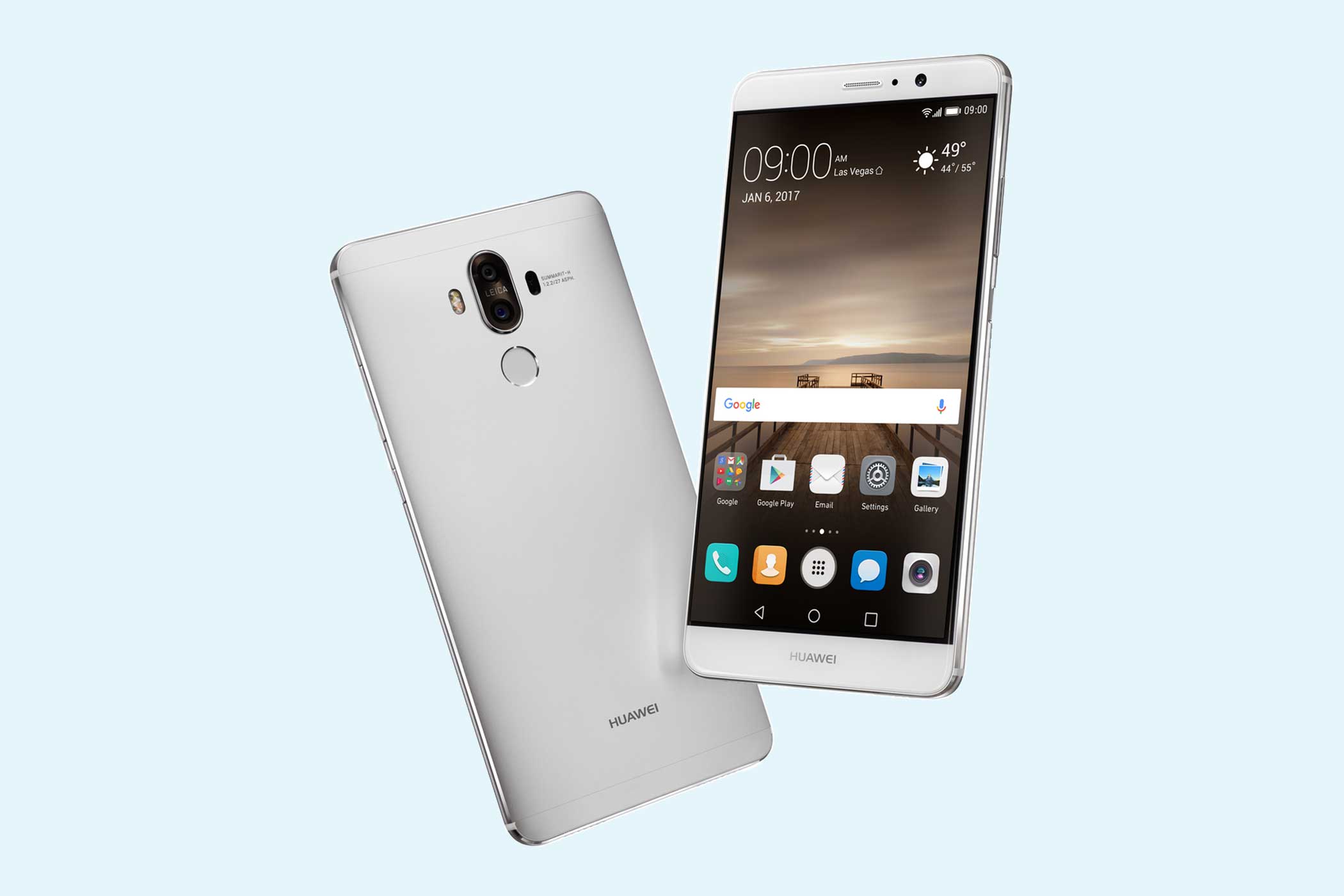
With the Mate 9, it’s clear Huawei focused on core features like battery life, camera quality, and performance. The handset also includes the same Alexa virtual assistant that powers Amazon’s Echo devices. (Read TIME’s full review.)
But what really sets the Mate 9 apart is its long battery life — it has a larger battery than rivals like the iPhone 7 Plus and Google Pixel XL. When reviewing the phone, I noticed the battery only depleted by 50% after I had been using it for about 13 hours. Huawei also says its smartphone intelligently tracks usage habits over time, and allocates processing resources accordingly — meaning the phone shouldn’t slow down after you’ve had it for a while.
The Mate 9 also has a high-quality camera that’s on par with that of its aforementioned competitors. Like the iPhone 7 Plus, Huawei’s device includes a dual lens camera for capturing images with a “bokeh” effect, which blurs backgrounds to make subjects appear crisp and sharp. The Mate 9’s camera, which was co-engineered with Leica, offers a range of controls sure to please photography nuts, like the ability to adjust ISO and other settings. Photographers can even tweak how blurry the background looks when shooting photos with the bokeh effect, which is a useful option not offered on the iPhone 7 Plus.
The Mate 9 is an ideal choice for smartphone shoppers seeking a good-looking, big-screened Android phone that won’t run out of juice easily, although there’s little else that differentiates it from competing smartphones. It also includes lots of annoying apps right out of the box.
Buy now: Huawei Mate 9, $600, Amazon
OnePlus 3T
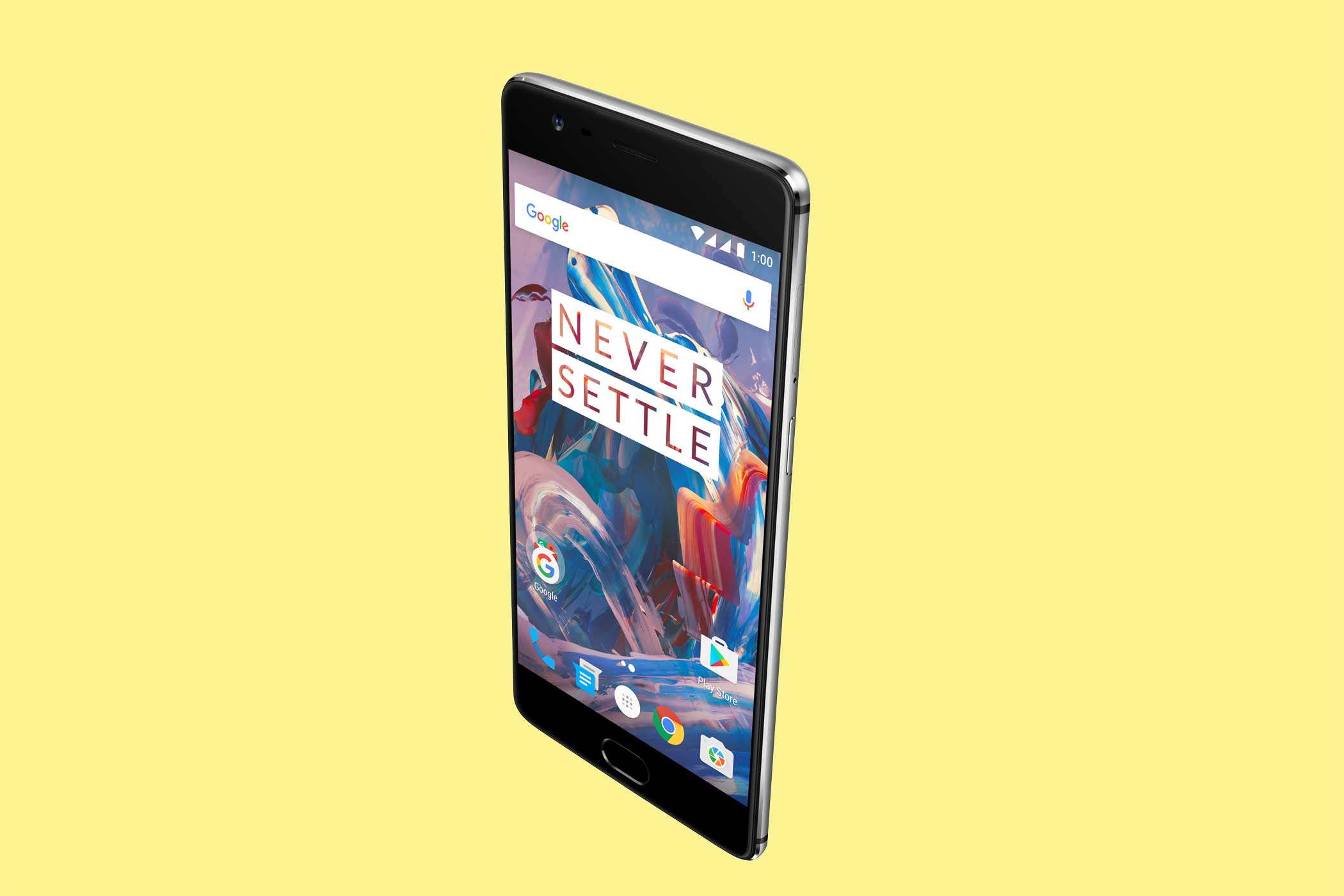
Upstart Chinese smartphone company OnePlus calls its phones “flagship killers,” mainly because it prices its smartphones aggressively compared to more well-known competitors like Apple, Samsung, and LG.
The company’s most recent smartphone, the OnePlus 3T, delivers on that promise more so than ever before. It offers the same slim and polished design as the OnePlus 3, but with a slightly faster processor, larger battery, and sharper front camera. (Read TIME’s full review of the OnePlus 3.)
With its simple software and long battery life, the OnePlus 3T is an excellent yet affordable choice for most Android fans. Still, there are two minor drawbacks that should be considered: it doesn’t support expandable storage like some alternatives, and its camera doesn’t take the best photos in low light.
Buy now: OnePlus 3T, $439, OnePlus
iPhone SE
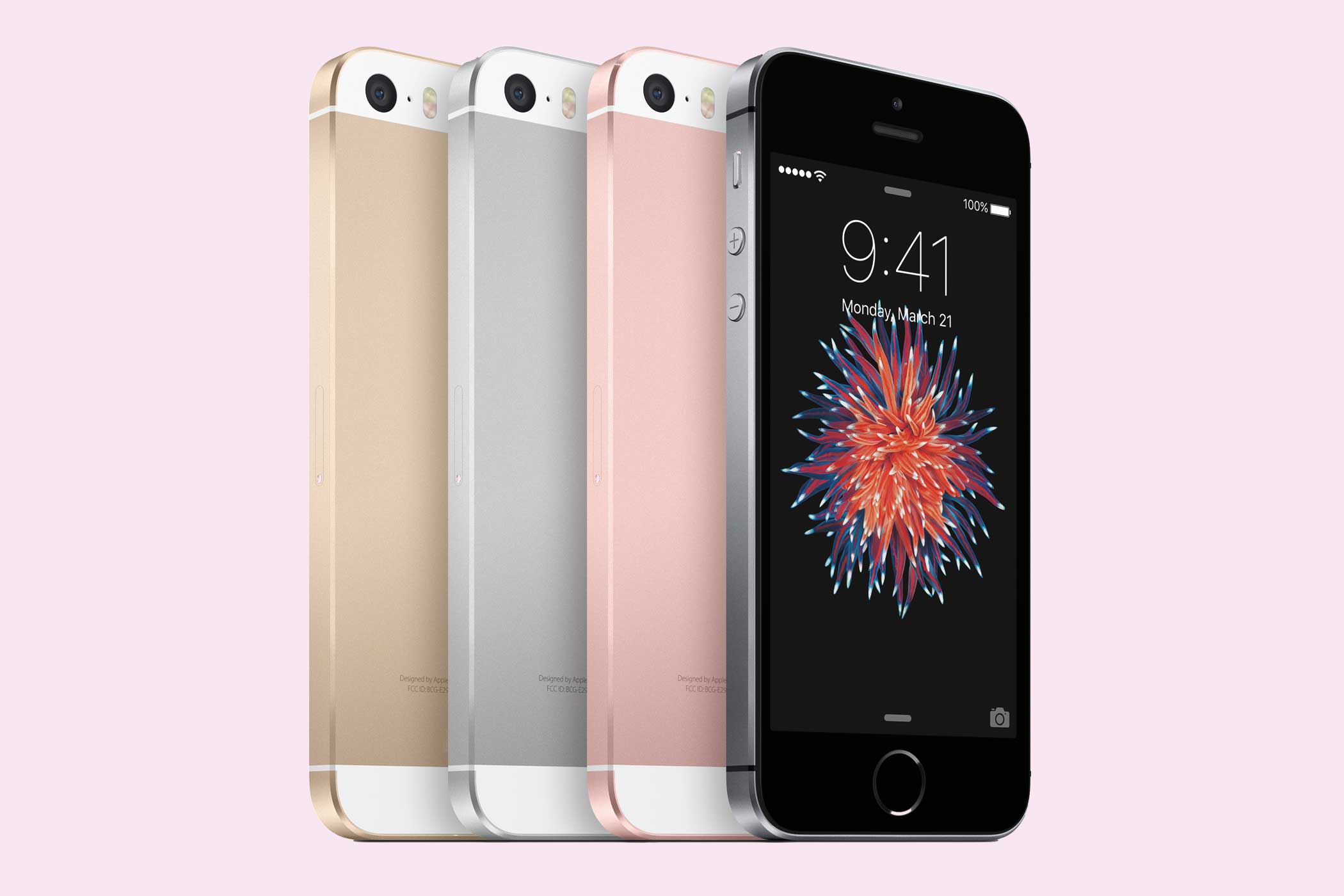
The iPhone SE is designed for Apple fans who want something smaller and cheaper than what Apple usually has to offer. It looks almost identical to the iPhone 5s, but with iPhone 6s-level guts on the inside. It has the same processor and camera as Apple’s previous generation flagship, packed into a compact 4-inch device. The SE is also about $250 cheaper than the iPhone 7 and $150 less than the iPhone 6s, making it a bargain compared to Apple’s other options. (Read TIME’s full review here.)
Buy now: iPhone SE, $399, Apple
Moto Z
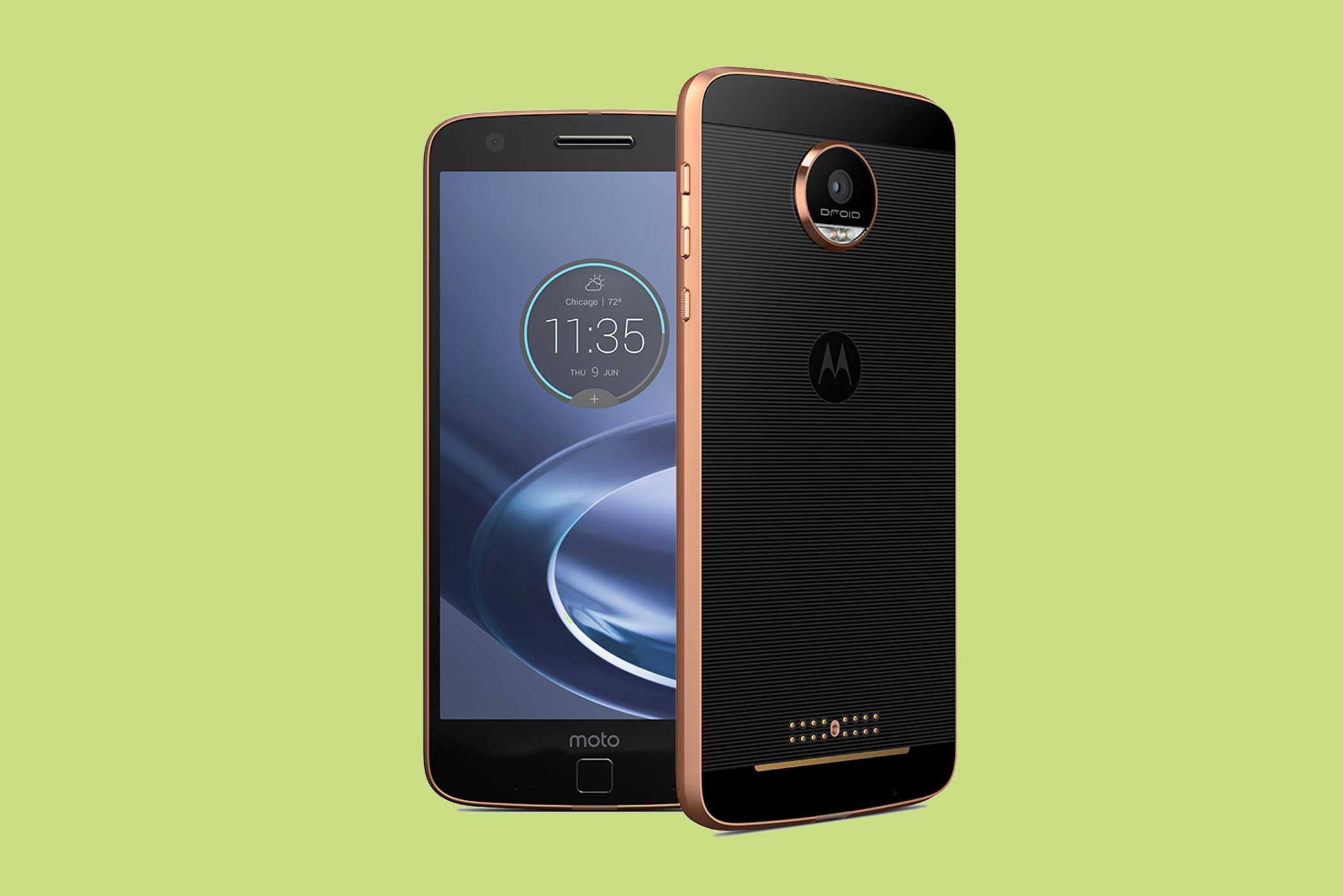
The slick Moto Z is a worthy option for those looking for a thin, polished Android phone. The device comes in three variants: the Verizon-only Moto Z Droid and Moto Z Droid Force, and the unlocked Moto Z.
At 5.19 millimeters thin, The Moto Z Droid is slimmer than most flagship phones, including the iPhone 7. Its camera is okay — casual users probably won’t complain about the Moto Z’s 13-megapixel shooter, but I’ve found that Samsung and Apple phones produce bolder colors. The more expensive Moto Z Force Droid includes a higher-resolution 21-megapixel camera, although I didn’t notice much of a difference during my testing. (Read TIME’s full review here.)
The Force model brings other advantages, including a screen that Motorola says is shatter-resistant and a larger battery. Those upgrades, however, come at the cost of a thicker design. The unlocked Moto Z is nearly identical to the slimmer Moto Z Droid, save for two key differences: the Verizon exclusive model has a slightly faster processor and the unlocked version only comes in a 64GB variant. The Droid model is available in both 32GB and 64GB versions.
All three Moto Z phones come with a special feature that Motorola hopes will make it easier to customize the devices: a magnetic port on their backside that makes it possible to snap on accessories called Moto Mods. Current Moto Mods include a $299.99 projector attachment made by Motorola, a $79.99 JBL speaker, and a $299.99 Hasselblad camera lens that adds a 10x optical zoom.
Buy now: $699 for Moto Z Droid | $799 for Moto Z Force Droid, Best Buy
LG G6
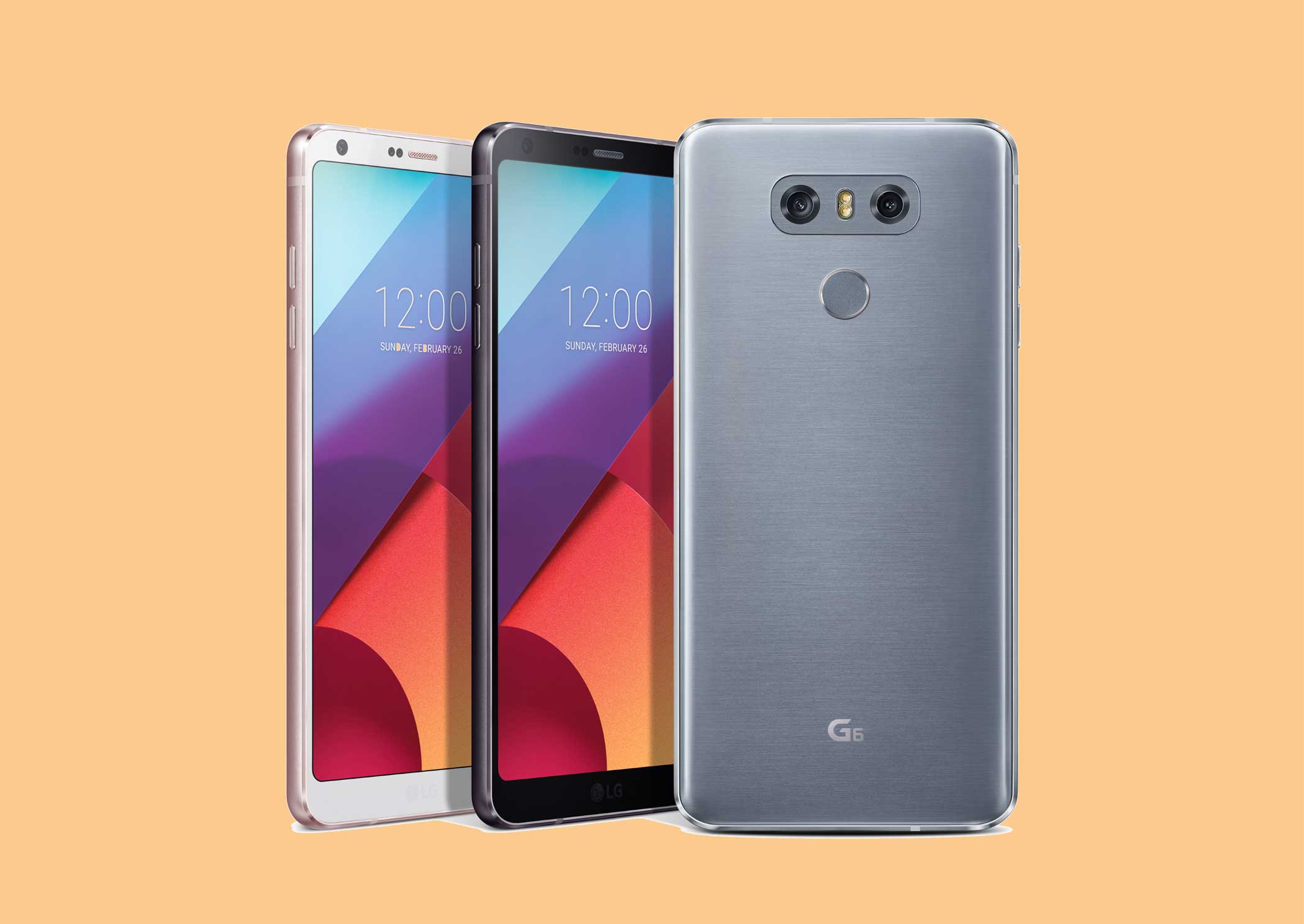
The LG G6 is a solid choice for Android fans who want a bigger screen without a phone that’s physically larger. It’s not quite as elegant as Samsung’s Galaxy S8, but it’s about $40 less expensive depending on your carrier. Like Samsung did with the S8, LG has minimized the borders surrounding the G6’s screen to enlarge the display without making the device too large to comfortably hold with one hand. (Read TIME’s full review of the G6 here.)
Google fans may have another reason to side with LG over Samsung: the Google Assistant. The search giant’s virtual helper comes included on the device, meaning you can ask questions, set a timer, send messages, and more through Google by using your voice. In general, I’ve found the Google Assistant to be better than Apple’s Siri at remembering context when asking follow-up questions.
Both the camera and battery life on the LG G6 are satisfactory but not breathtaking. The iPhone 7 and Google Pixel are better at producing sharper photos, although the G6’s color quality is on par with those of Google’s and Apple’s phones. The G6 can power through a full day on a single charge, but didn’t last quite as long as the iPhone 7 and Google Pixel, which can both survive for around a day and a half.
Price: Available starting at $650, price varies with wireless carrier
More Must-Reads from TIME
- L.A. Fires Show Reality of 1.5°C of Warming
- Home Losses From L.A. Fires Hasten ‘An Uninsurable Future’
- The Women Refusing to Participate in Trump’s Economy
- Bad Bunny On Heartbreak and New Album
- How to Dress Warmly for Cold Weather
- We’re Lucky to Have Been Alive in the Age of David Lynch
- The Motivational Trick That Makes You Exercise Harder
- Column: No One Won The War in Gaza
Contact us at letters@time.com